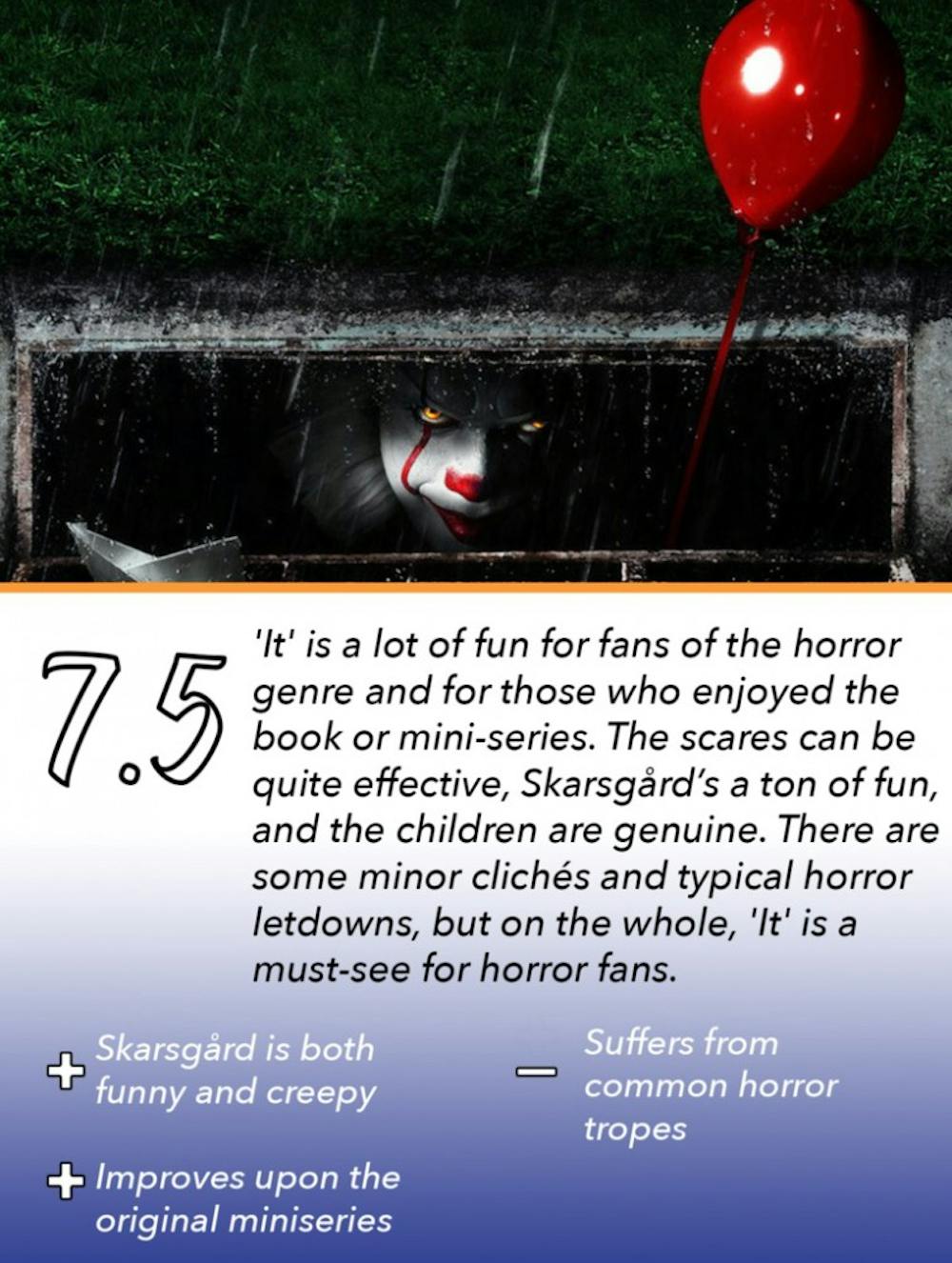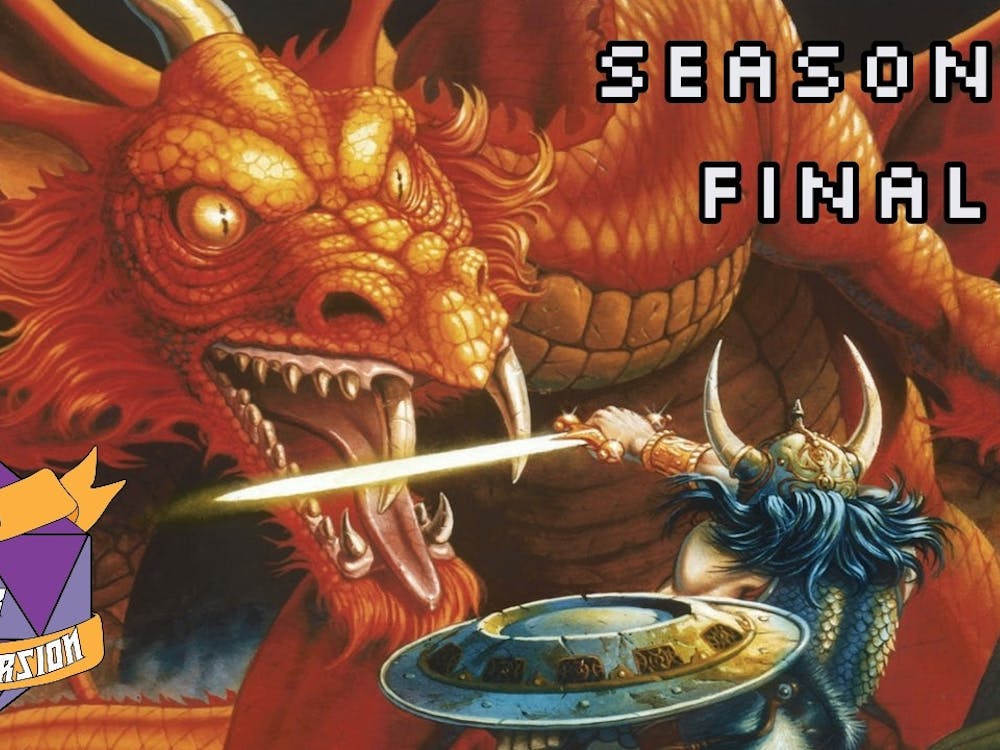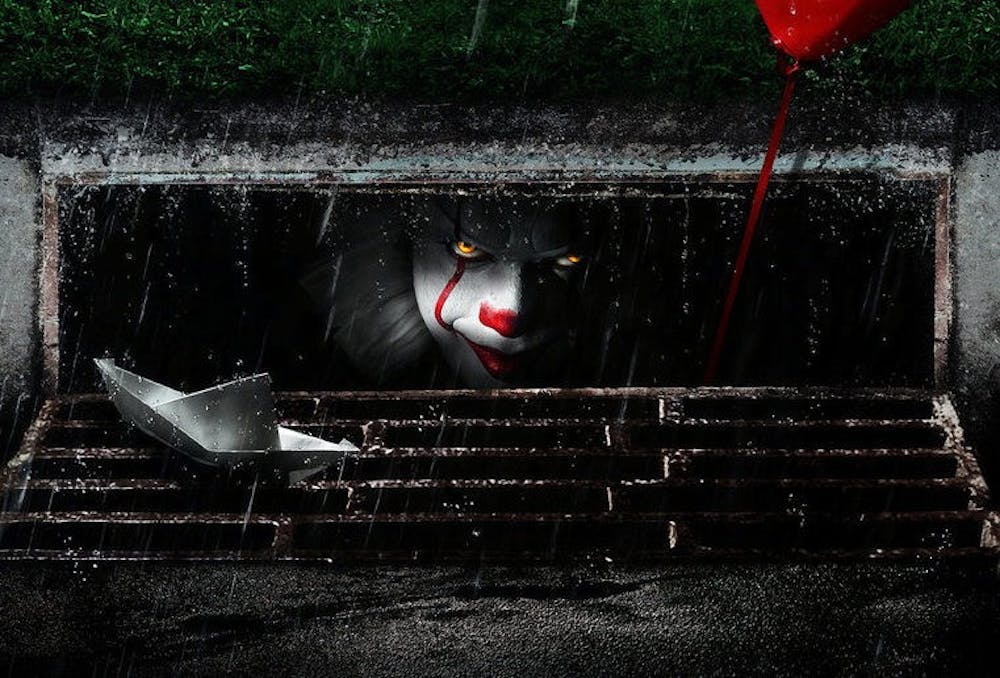Fans of Stephen King’s legendary novel, It, usually view the 1990 mini-series highly. Tim Curry managed to petrify an entire generation with his portrayal of Pennywise the clown. The segments with the child actors are charming, and there are some great examples of creative cinema. Yes, It has become quite the cultural phenomenon, often being referenced and parodied in modern pop culture.
But was It really that great?
To be blunt, It may have been an ambitious adaptation for the time, but the mini-series is a mess. The flashbacks are ridiculously overused. Tim Curry is great, but how anyone can be afraid of him is beyond my comprehension. The special effects have aged poorly. The adult actors are lackluster, and pacing problems make the mini-series feel rushed.
Let’s face it (hah), the popularity of the 1990 mini-series is highly reliant on nostalgia.
The problem with nostalgia is that it blinds people to the faults of the content they love.
So when it was announced that It would be receiving a remake, many fans were skeptical. Tim Curry is a hard act to follow, and many fans were worried that the remake wouldn’t measure up to the original they love.
Luckily, that’s not the case.
What’s It about?
Directed by Andy Muschietti, It stays relatively close to the source material. The opening scene begins on a rainy day. Seven-year-old Georgie Denbrough (Jackson Robert Scott) is given a paper boat to float by his older brother, Bill (Jaeden Lieberher). Georgie follows his boat outside as it glides down the rainy streets and eventually into the gutter. Alarmingly, a pair of glowing eyes tempt Georgie closer, revealing a creepy clown (Bill Skarsgård) in the gutter. After some coaxing, the clown eventually lures Georgie close enough to take a bite out of his arm, leaving the child writhing in the street. As Georgie begins to crawl away, the clown drags him into the gutter never to be seen again.
Flash forward eight months and we are introduced to a still mourning Bill and his friends, appropriately titled the “Losers’ Club”, at Derry High School. The group is composed of Bill, Richie Tozier (Finn Wolfhard), Eddie Kaspbrak (Jack Dylan Grazer), and Stanley Uris (Wyatt Oleff). Eventually, three other characters join the “Losers’ Club”; Beverly Marsh (Sophia Lillis), Ben Hanscom (Jeremy Ray Taylor), and Michael Hanlon (Chosen Jacobs). All members of the gang are victimized by the stereotypical school bully, Henry Bowers (Nicholas Hamilton).
However, Bowers becomes the least of the Loser Club’s problems when the children begin having surreal, terrifying encounters with a dangerous, supernatural entity around the town of Derry. Between Ben’s research and Hanlon’s stories, the children eventually piece together Derry’s ominous past.
Pennywise the Dancing Clown, the one who is responsible for the children disappearing around Derry, re-awakens every 27 years and preys on the children in the town. After a failed attempt to kill Pennywise and a brief parting of ways within the group, Beverly is taken to the clown’s lair causing the friends to reassemble and save her.
It features great child actors
The strongest aspect of the mini-series was the first half featuring the children. Muschietti manages to capture the same sense of childhood innocence (and subsequent destruction of it) that made the child portion of the mini-series so popular.

All the interactions between the child actors feel so genuine and pure that it is hard not to crack a smile when they are having fun together. This film is filled with a sense of childhood nostalgia that arises from depictions of friends hanging out and exploring town. When the children are afraid they manage to look not only afraid but petrified. Had the film not featured such strong actors, the horror would fall flat during the weaker shot sequences.
Sadly, there are some stereotype issues surrounding these characters, but this is more of an issue with the source material than this film. An example of this is the use of minorities within the film. Stanley the Jew and Michael the black kid are both given the least amount of screentime and dialogue. More problematic is the fact that these two are immediately subject to torment (either by Pennywise or Henry Bowers) subsequently. While the other children are also subject to negative circumstances, it does rub me the wrong way when these characters are given so little screentime and then suddenly they both are viciously attacked in a sudden, brutal manner.
There are also some clichés surrounding the children that lessen the quality of the film to an extent. Essentially, there is a moment when all the children suddenly hate each other and have to rekindle their friendship to save Beverly. Then, Beverly is literally saved by the power of love, with no other explanation. Even if this is meant to be played as a joke, it’s a major cop out.
It is actually menacing
Full disclosure: horror movies don’t freak me out, but I love them. I love creepy effects, dark lighting, monsters, and blood, but I’m rarely scared by what I see. It never made me scream or turn my face away, but there were multiple scenes that made me laugh with morbid anticipation or mentally comment on a good set-up or payoff. Many of the horror related scenes just worked, and more often than not these scenes were better than the original. Playing on all of the children’s different fears, It features burned corpses, headless men, zombies, a creepy Picasso-esque… thing with a flute, and of course clowns. More likely than not, something that freaks you out will be featured.
A scene of particular interest involves the children and a projector. Pennywise manages to infiltrate Billy’s family pictures and burst out of the screen. Watching Pennywise literally break the fourth wall to scare the kids was a lot of fun to watch and the genuine screams of terror from The Losers’ Club made the scare feel so much more real.
Similar to the book, there are various undertones regarding the loss of innocence. The best scene involves Beverly being sprayed by blood gushing from her sink. Considering that it is implied that her father is sexually attracted to her and uncomfortably touches his daughter throughout the movie, Beverly fears becoming a woman and desperately tries to remain her father’s “little girl”. The bloody, metaphorical implications made in this scene are enough to make a shiver run down your spine.
Additionally, the dark, dirty sewers offer a great setting for the monsters that hunt the children and add a sense of claustrophobia.
Not every scene is created equal. There were definitely a few instances of poor CGI (his razor sharp teeth require some suspension of disbelief) and cheap jump scares that pollute the film with cheap horror tropes. In some scenes a child will turn around and Pennywise is suddenly just there, complete with a loud audio track to make the audience jump. The clown is scary enough on its own. The film really doesn’t need to resort to poorly shot jumpscares.
Tim Curry is not as scary as you remember
Look, Tim Curry is great. He is honestly the only reason to go back and watch the mini-series. But let’s face it: his portrayal of Pennywise is hilarious.
I think most people look back on It with a fond, nostalgic lens. Pennywise in the mini-series does manage to have a few ominous scenes, but on the whole, Curry is a riot. He is almost always doing something goofy, he appears with randomly colored, bright balloons, and he hardly actually touches the children.

Bill Skarsgård does an excellent job with the role of Pennywise. While he definitely has some comical moments, they manage to be creepy and humorous at the same time. I’ve seen this use of humor as an attack against Skarsgård’s portrayal, but let’s remember that he is portraying a clown. A killer clown to be exact. An exaggerated, slightly humorous portrayal makes more than enough sense for a killer clown. Sick humor is probably the most appropriate tonal choice given the nature of the character. Compared to Curry’s portrayal, Skarsgård’s is as subtle as a killer clown living in a sewer can be.
Even if you love Curry, Skarsgård’s Pennywise is worth a chance; his performance has helped It break several box office records.

All images from HorrorNews and IMDb
For more entertainment related content, visit us at Byte Bsu!



















